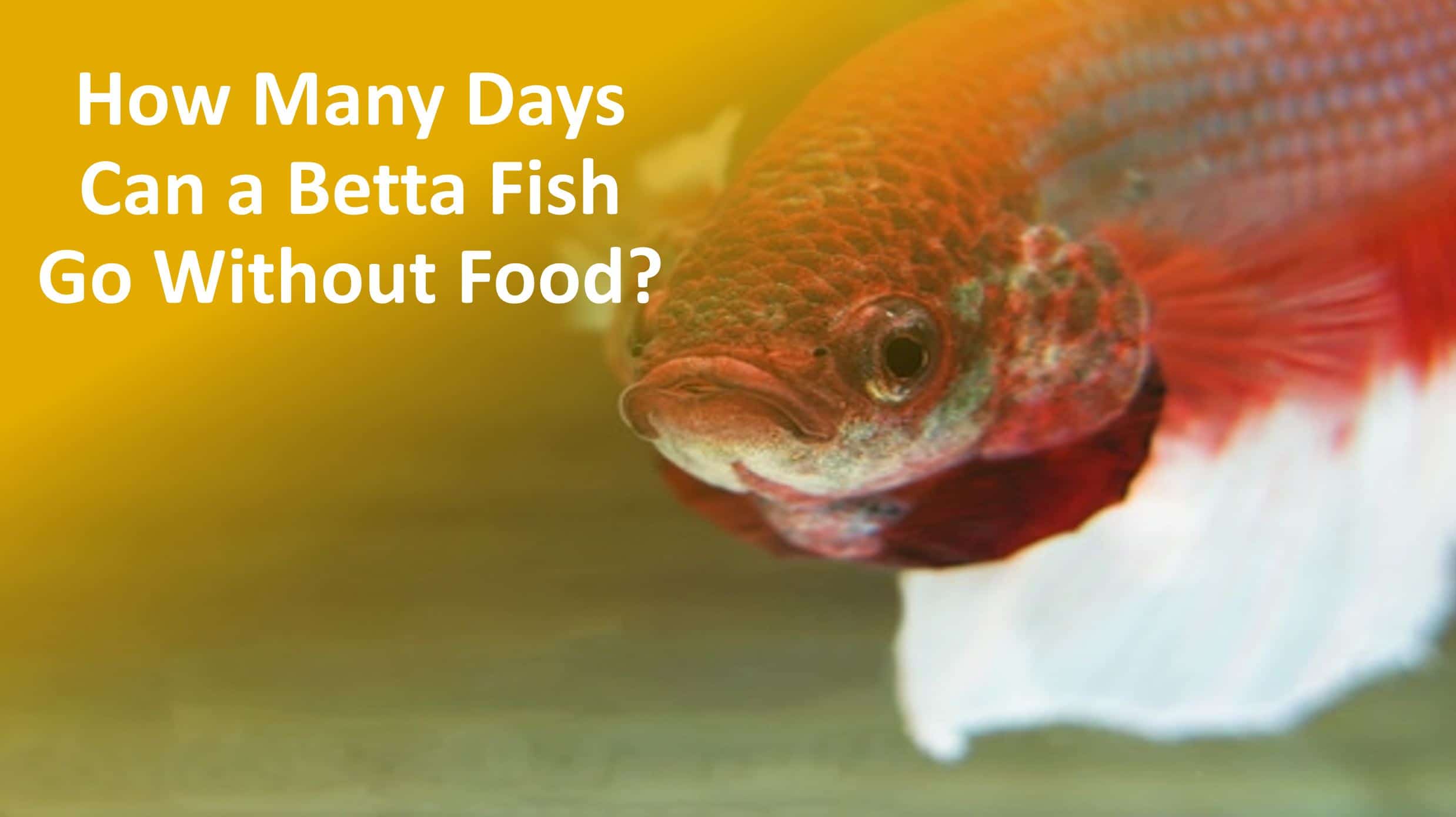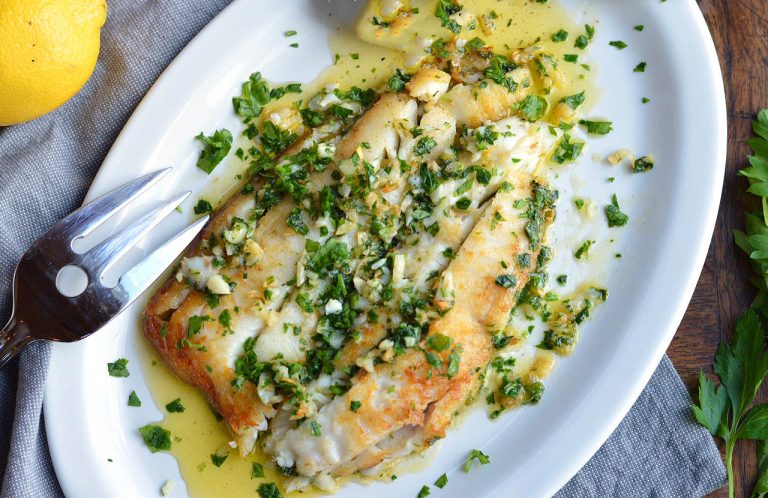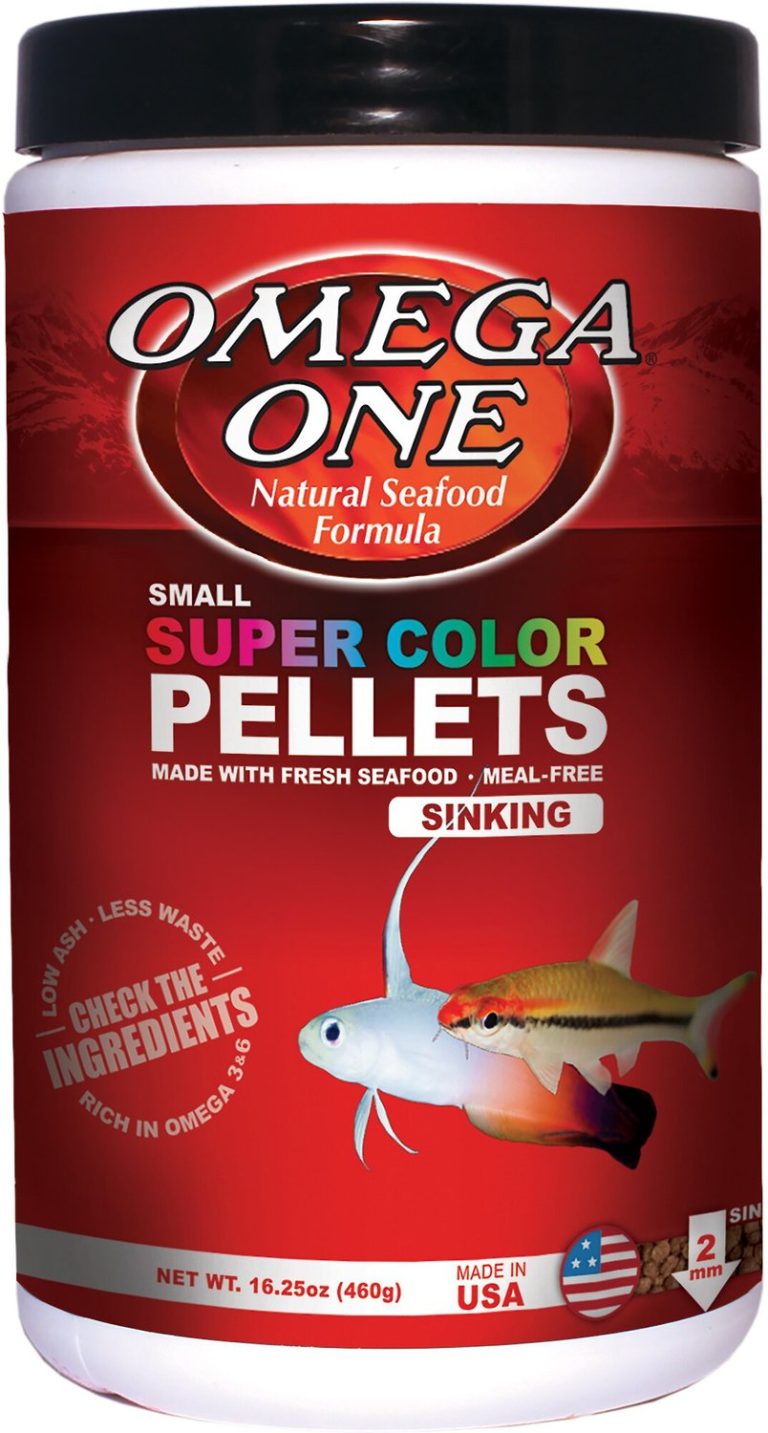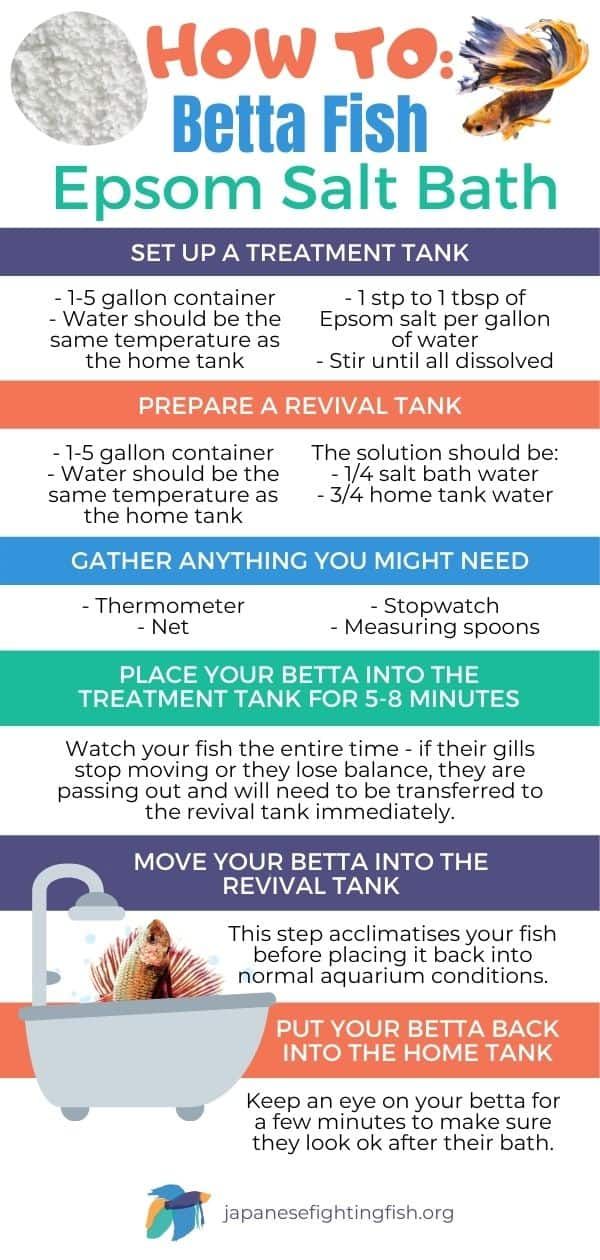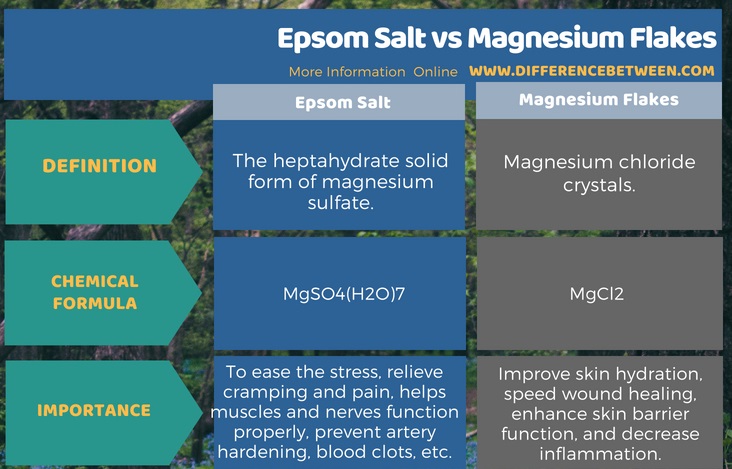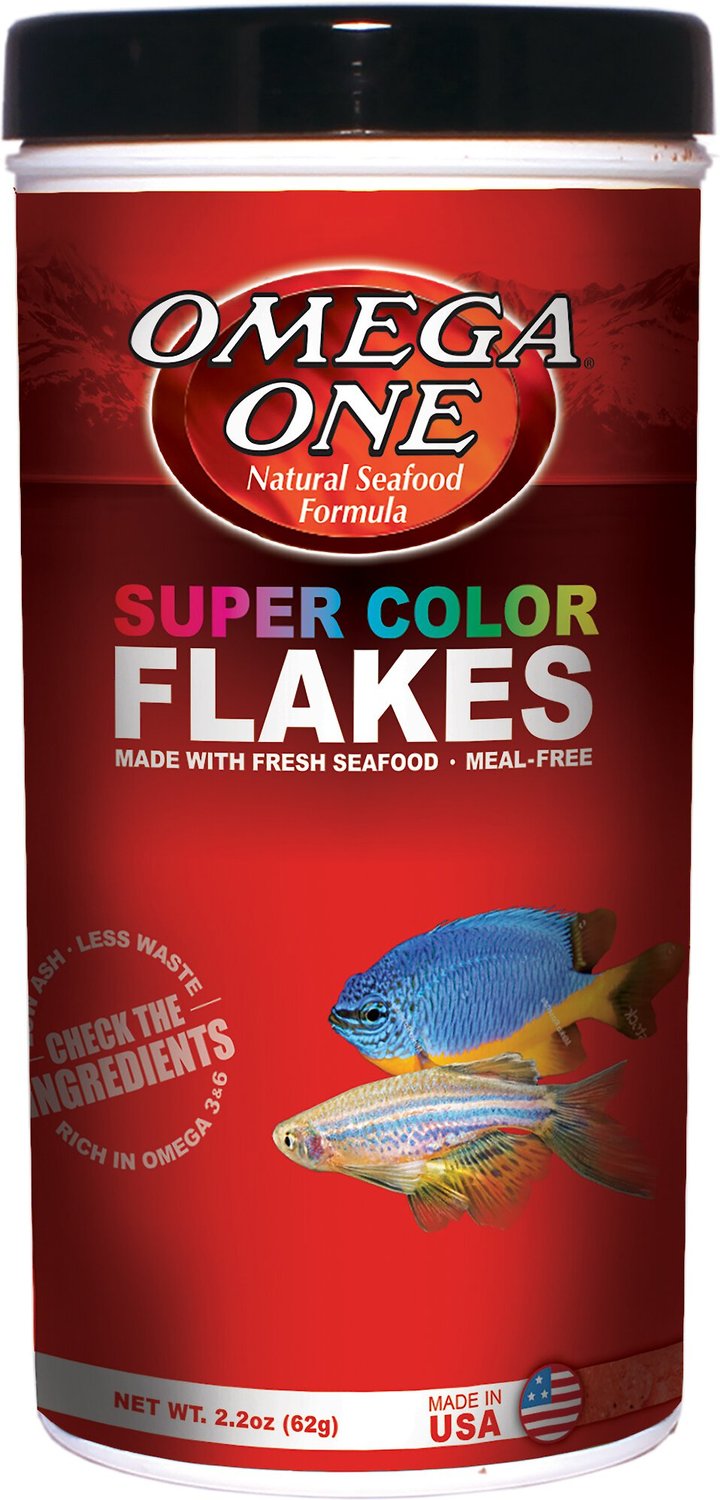How Long Can Betta Fish Go Without Food
How Long Can Betta Fish Go Without Food?
Have you ever wondered how long betta fish can survive without food? Maybe you’re going on vacation or you simply forgot to feed your fish for a day or two. Whatever the reason, it’s important to understand how long betta fish can go without food to ensure their well-being. In this article, we’ll explore the topic in depth and provide you with all the information you need to know.
Betta fish, also known as Siamese fighting fish, are known for their vibrant colors and long, flowing fins. They are native to the warm waters of Thailand, where they can survive in shallow puddles and slow-moving streams. In the wild, betta fish have to fend for themselves and find their own food, which mainly consists of insects, larvae, and small crustaceans.
The Survival Abilities of Betta Fish
Betta fish have evolved to survive in harsh conditions, which includes periods of time without food. In the wild, they undergo droughts and floods that disrupt their food sources. As a result, betta fish have developed the ability to lower their metabolic rate to conserve energy when food is scarce.
The metabolic rate of a betta fish is influenced by various factors such as temperature, water quality, and overall health. Generally, a betta fish can survive for about 14 days without food under normal conditions. However, it’s important to note that every betta fish is unique, and individual variations may affect their survival time.
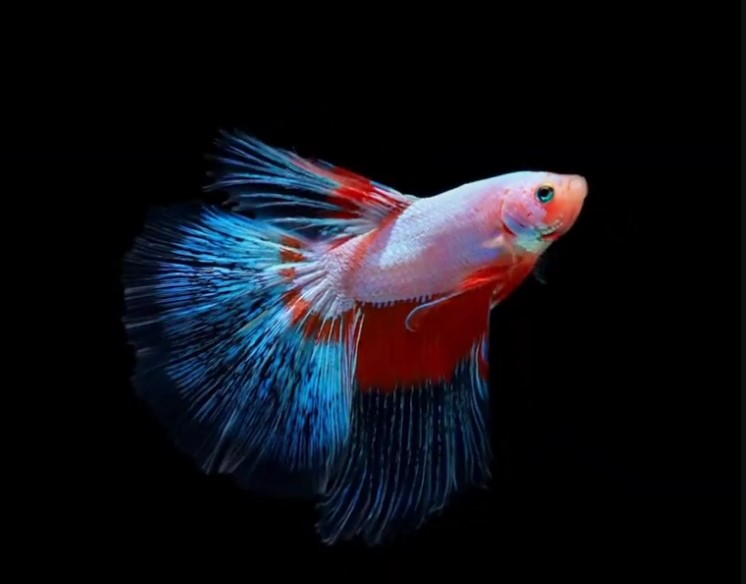
Factors Affecting a Betta Fish’s Survival
While betta fish can go without food for a couple of weeks, there are several key factors that can affect their ability to survive:
1. Health and condition: A healthy betta fish with a good body condition will have better chances of surviving longer without food. It’s essential to provide proper care and nutrition to ensure that your betta fish is in optimal health.
2. Water temperature: The metabolic rate of betta fish is directly related to water temperature. Cooler temperatures slow down their metabolism, allowing them to survive longer without food. Warmer temperatures, on the other hand, increase their metabolic rate, making it essential to provide regular meals.
3. Water quality: Poor water quality can significantly impact a betta fish’s overall health and survival abilities. Regular water changes and a well-maintained aquarium are crucial for their well-being.
4. Pre-existing conditions: If your betta fish has pre-existing health conditions or is suffering from illness, their ability to survive without food may be compromised. It’s important to address any health issues promptly and ensure they receive proper care.
Signs of Hunger and Malnutrition
While betta fish can survive without food for a period of time, it’s crucial to monitor their well-being closely. Signs of hunger and malnutrition may start to appear after a few days without food. Some common symptoms to watch out for include:
– Lethargy and decreased activity
– Loss of color and dull appearance
– Weight loss and a sunken belly
– Faded or damaged fins
– Decreased alertness and interaction
If you notice any of these signs, it’s important to start feeding your betta fish immediately and monitor their progress closely. Providing a well-balanced diet is paramount to their overall health and longevity.
Feeding Betta Fish
To ensure the well-being of your betta fish, it’s essential to provide them with a nutritious and balanced diet. Betta fish are carnivorous and thrive on a diet that consists mainly of high-quality pellets or flakes specifically formulated for betta fish.
It’s recommended to feed your betta fish small meals two to three times a day. Overfeeding can lead to health issues such as bloating and constipation, so it’s important to feed them an amount that they can consume within two minutes.
It’s also beneficial to incorporate a variety of food options, such as frozen or live foods like bloodworms or brine shrimp, to provide additional nutrients and enrichment.
Frequently Asked Questions
Q: Can betta fish survive longer without food if I go on vacation?
Yes, betta fish can survive without food for a couple of weeks under normal conditions. If you’re going on vacation, you can opt to use special vacation feeders that slowly release food over time. However, it’s essential to test them out before leaving to ensure they work properly and won’t lead to overfeeding.
Q: Can betta fish eat other types of food besides pellets and flakes?
Yes! While pellets and flakes are the primary diet for betta fish, they can also enjoy a variety of other foods such as freeze-dried or frozen insects like daphnia or mosquito larvae. Just ensure that any food you provide is suitable for betta fish and won’t harm their health.
Q: How can I prevent overfeeding my betta fish?
Overfeeding can lead to health issues for betta fish, so it’s important to provide the right amount of food. Feed them an amount that they can consume within two minutes and remove any uneaten food to maintain good water quality.
Final Thoughts
Understanding how long betta fish can go without food is crucial for their overall well-being. While they can survive for about 14 days without food under normal conditions, it’s important to monitor their health and provide a nutritious diet to ensure their longevity and happiness. Remember, a well-fed and well-cared-for betta fish will thrive and bring beauty to your aquarium for years to come.
